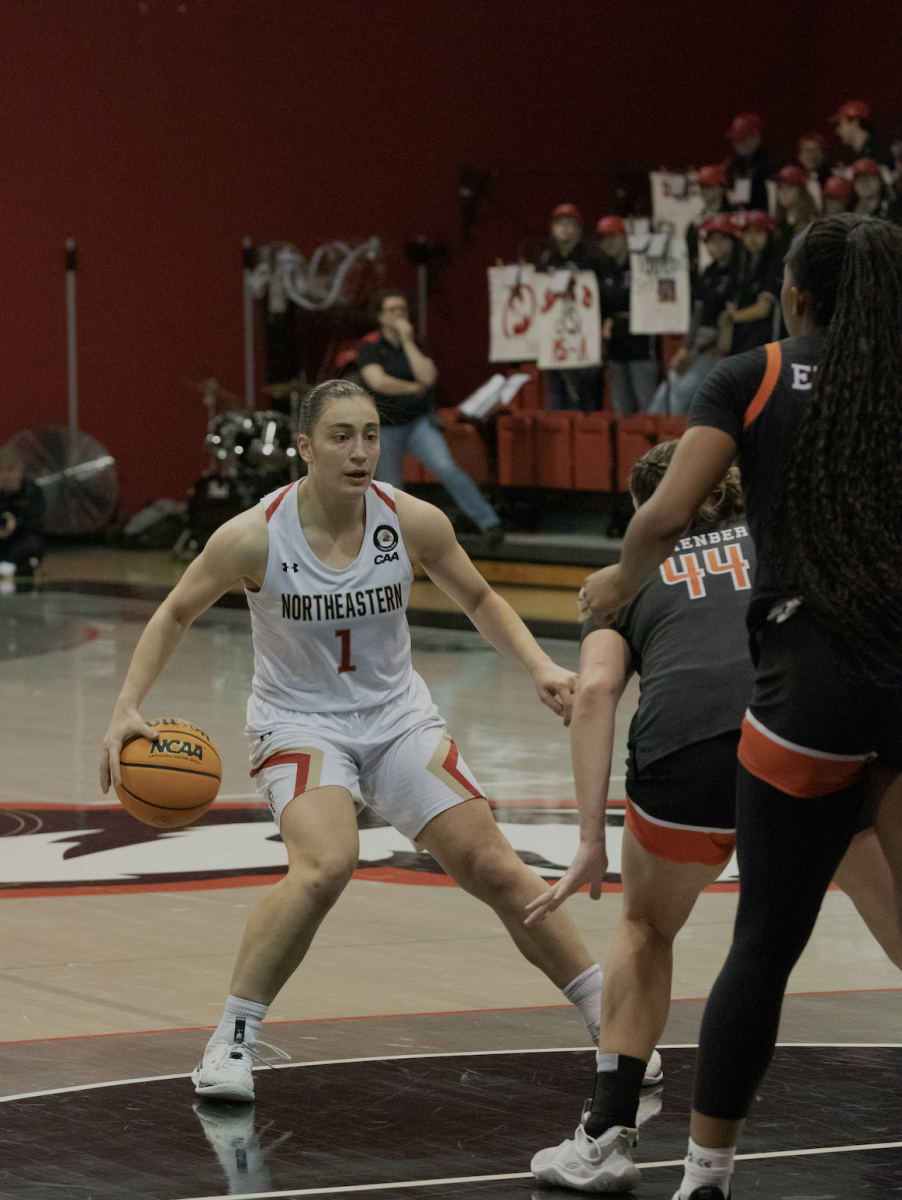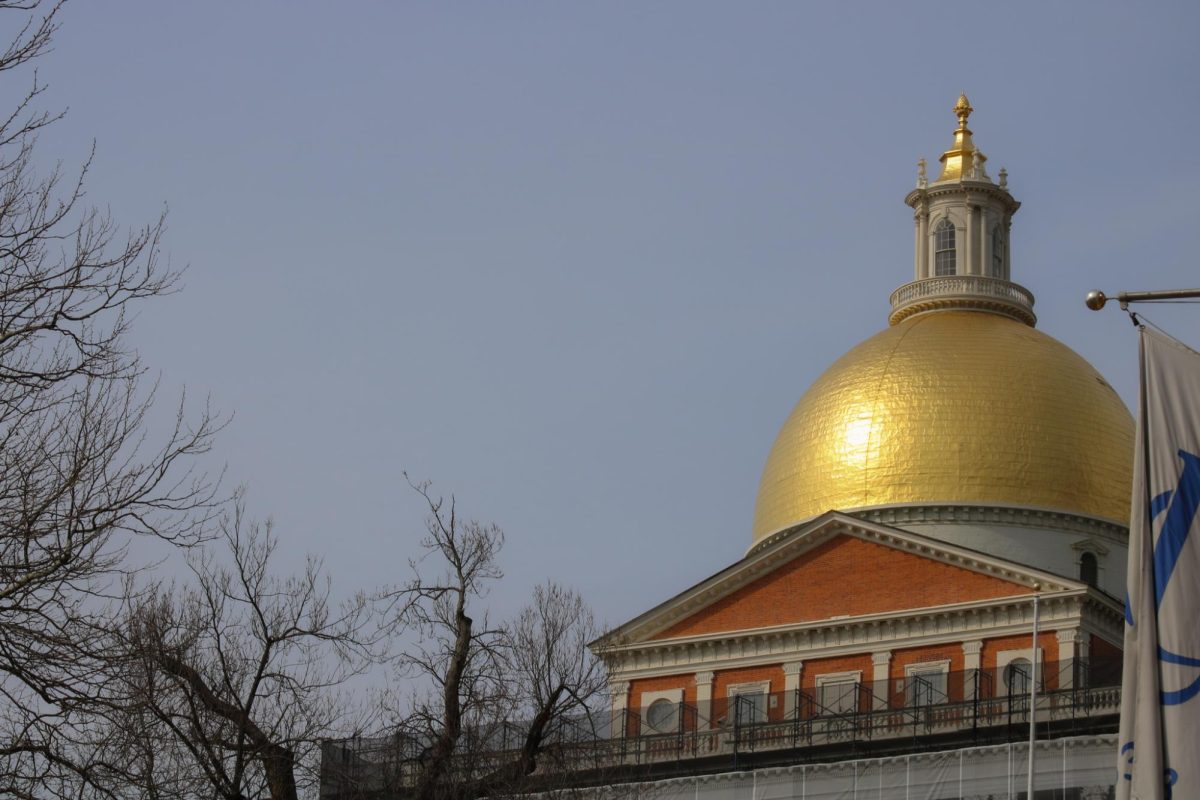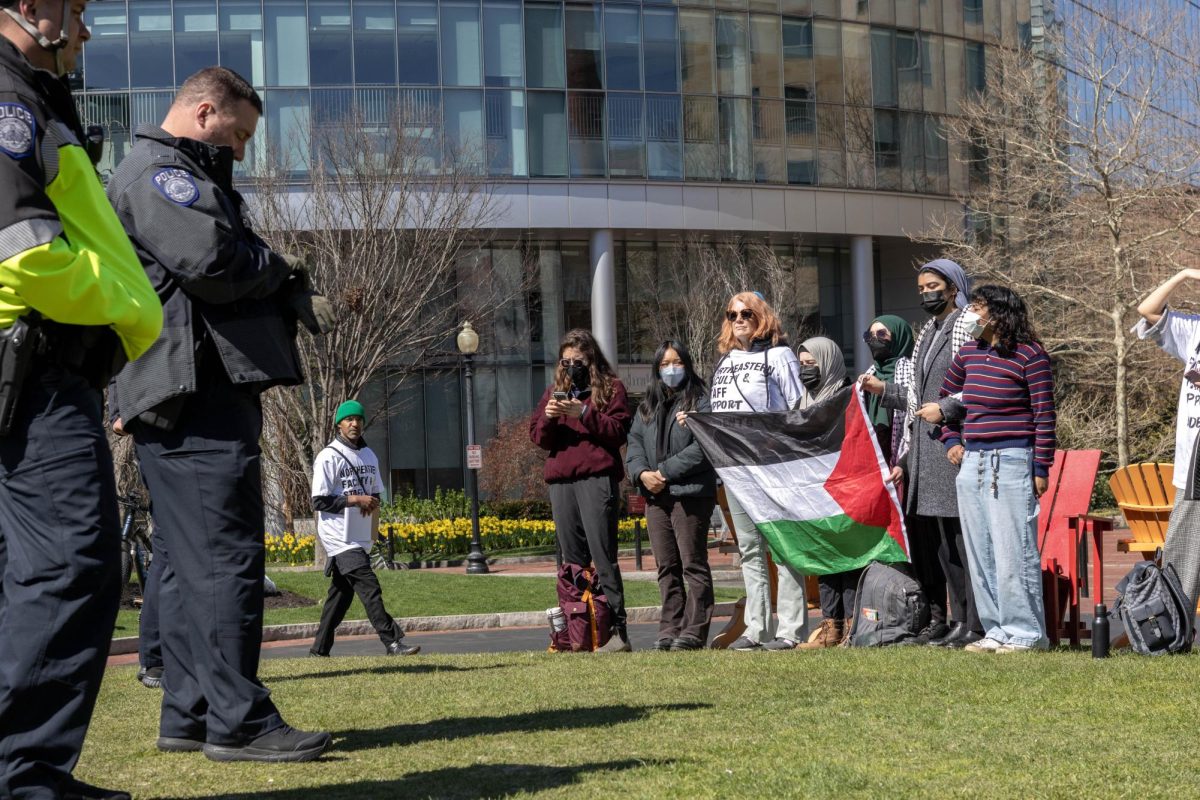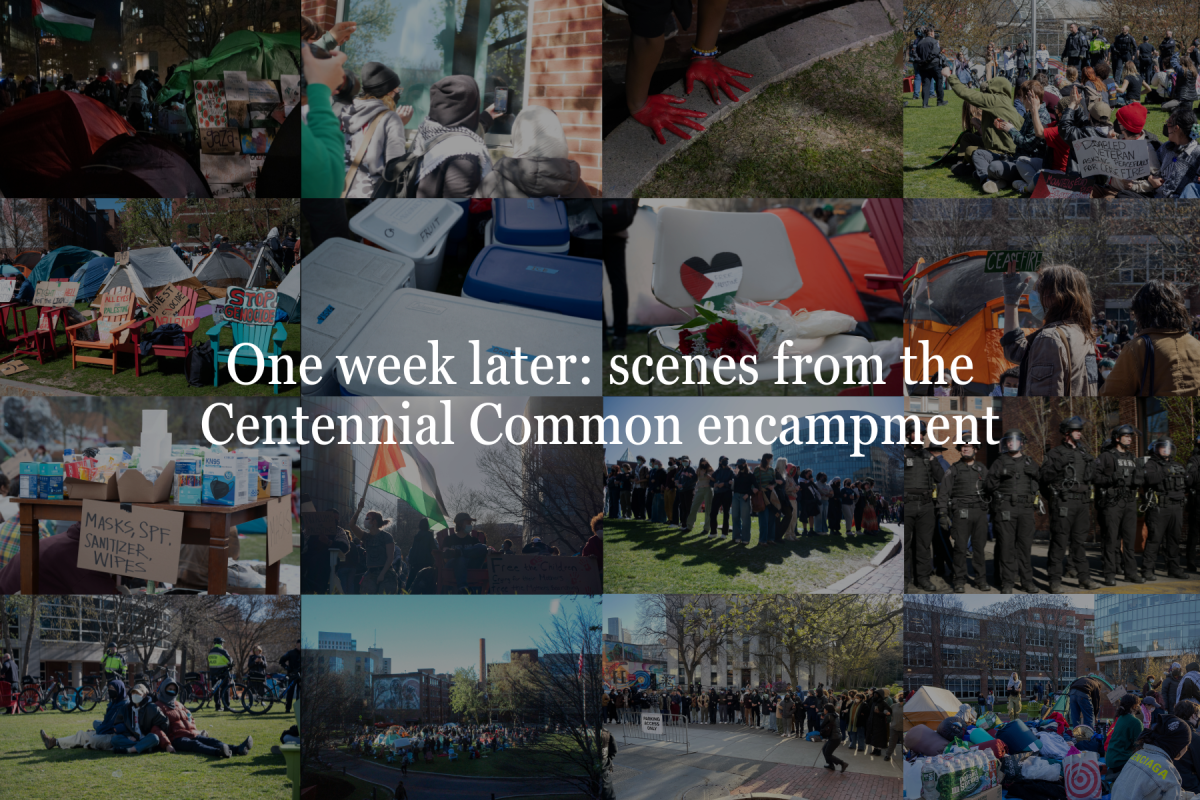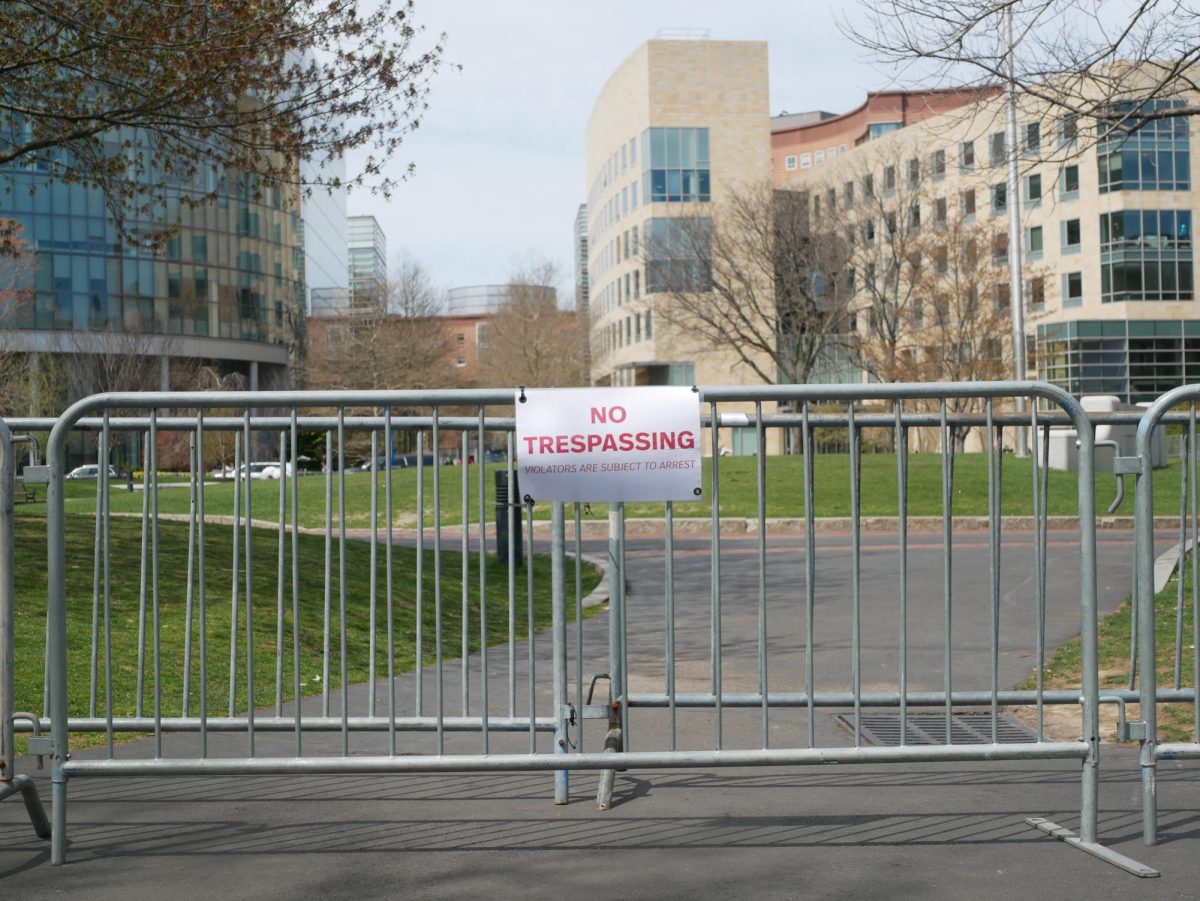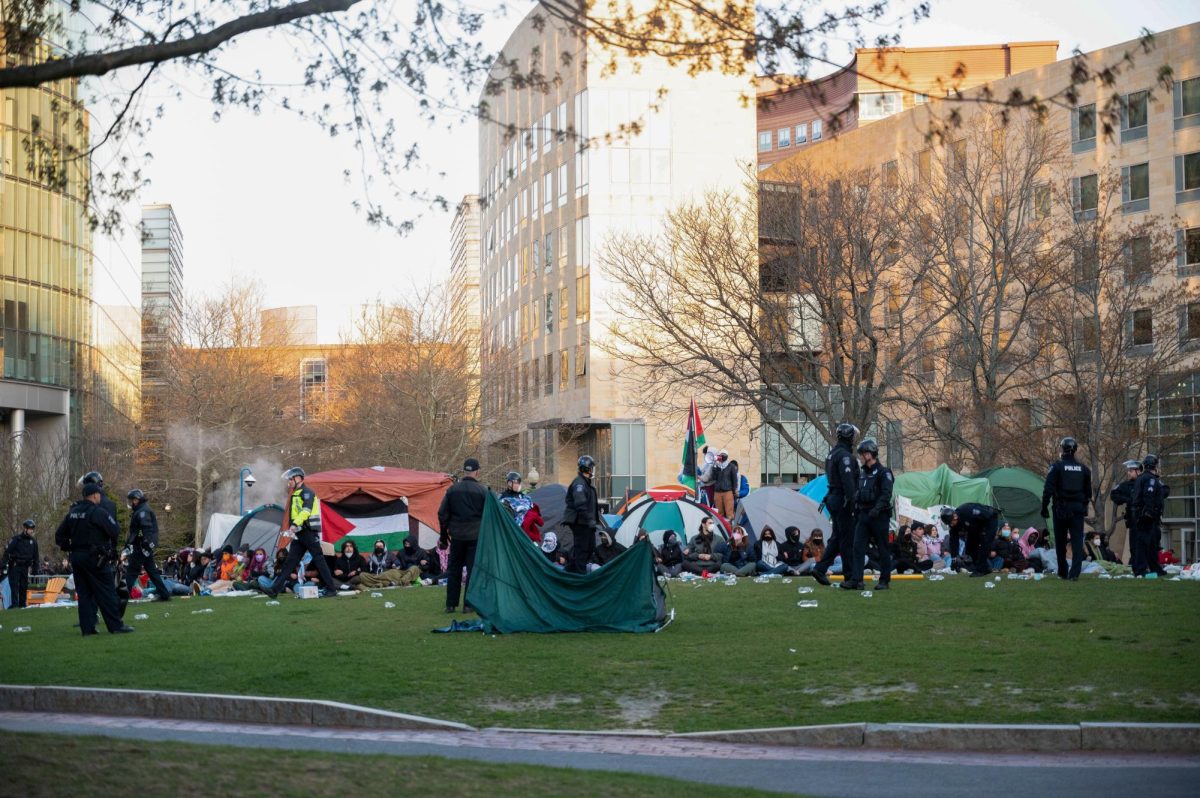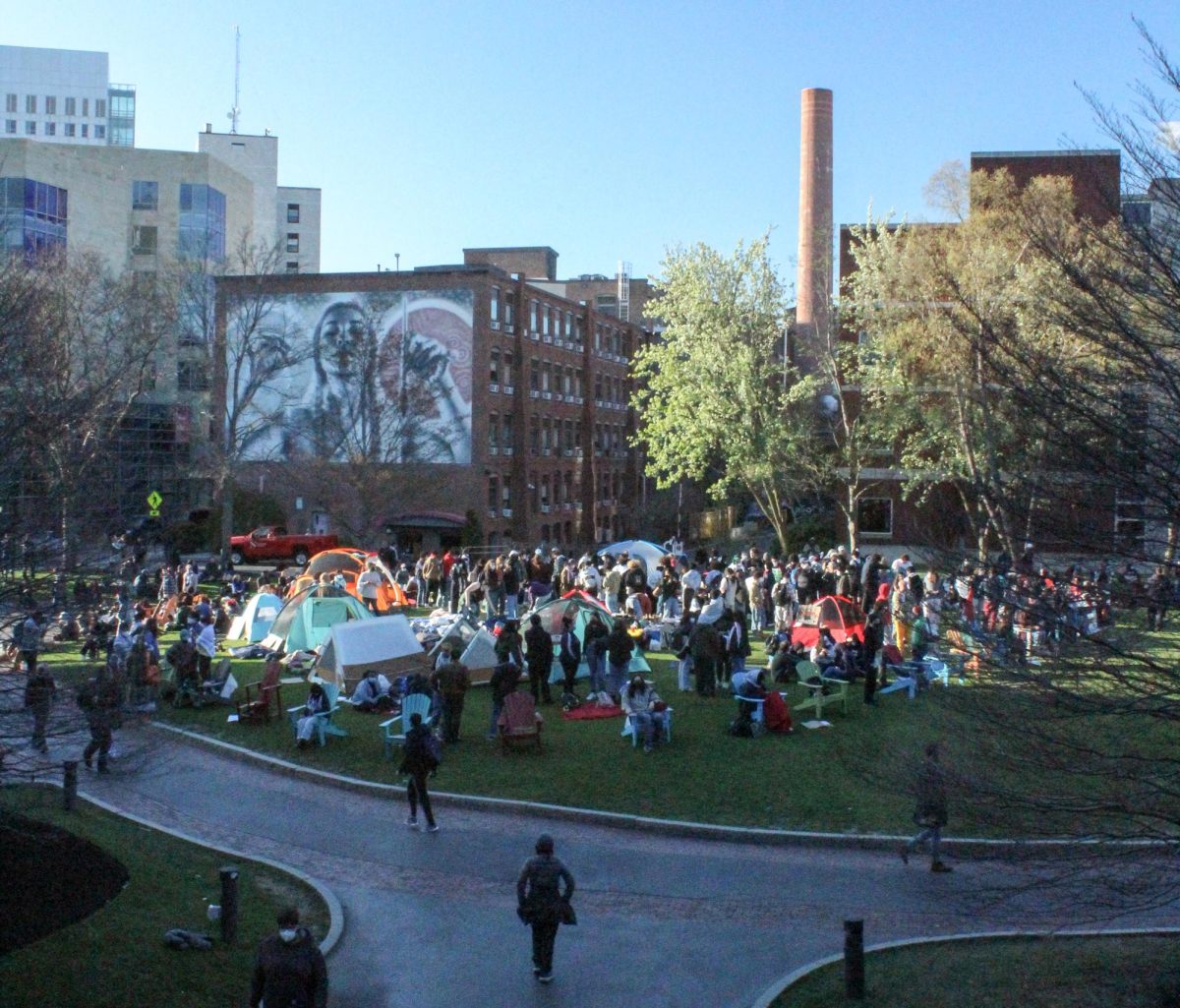Student Government representatives from Northeastern and other area colleges came together at City Hall with Boston Mayor Thomas M. Menino Wednesday morning to discuss current issues facing collegiate governments.
Another meeting and formal dinner at Boston University’s School of Management later that evening launched the first Boston Intercollegiate Government (BIG), a conglomerate of delegates from Boston-area colleges meant to speak out for students within the city government and reach out to students during election time. Currently, the body is made up of two representatives from each of the five “major” Boston universities, which are Northeastern University, Boston University, Harvard University, Boston College, and Massachusetts Institute of Technology, which was not represented at the meeting.
Immediately, the student government representatives from the various schools asked Mayor Menino what students can do to lobby for issues of student concern.
“I know you’ve written letters and tried to be vocal in the past,” Menino said. “But the problem is that when people [public officials] see just college students, they don’t understand that you are a real part of this city as well. I think and hope this group will make real strides to get more support from the city for college students.”
Despite its youth, BIG is already enjoying support from the same city leaders that it hopes to lobby on student issues in the coming weeks and years.
Northeastern’s Student Government Association is providing much of the behind the scenes work for the committee. Out of their current budget, SGA contributed $1,500 to assist BIG in starting up, publicizing and organizing events that the group will sponsor. Boston University contributed financially through Wednesday evening’s formal, which consisted of a three-course dinner and, according to Student Government Association President Richard Schwabacher, will fund the group in some of the same ways as Northeastern is.
Also, Schwabacher said Northeastern’s role in the group’s creation and now, as a major player, by outlining immediate organizational goals.
First, Schwabacher proposed that the group’s charter be composed in incremental fashion, rather than devoting multiple meetings to it and idea that was formed by fellow delegate and SGA Vice President for Student Affairs Michael Benson.
“I think if we start to go through writing a charter right now, we’d get a lot of monotony, which no one wants,” Schwabacher said. “We’d also lose a lot of the current momentum we’ve built just today.”
Boston University Student Union President David Bresler, whom Scwhabacher nominated as chairman of the group, spoke of his dream for the college students of Boston.
“I had a dream when I first got [in office],” Bresler said. “Once I became aware of the massive student base in this city, I thought to myself, ‘why do students not run this city?’ My dream is that at least students can be represented fairly for how many of us there are.”
Harvard Undergraduate Student Body President Rohit Choppra voiced another concern of several student government representatives, questioning Menino on the “inadequacy” of the MBTA.
“Boston is supposed to be a world class city, but doesn’t have world class transportation,” Choppra said. “Compared to Philadelphia, where I’m from, the MBTA does not stack up.”
In response, Menino paid direct attention to the analogy with his hometown of Philadelphia, drawing on his experience of living in Philadelphia doing campaign work.
“I can assure you that Philadelphia has no better public transportation than Boston,” Menino said.
BIG also gained support from the Boston City Council on Wednesday morning, as Bresler and Schwabacher were on hand at their meeting to witness city legislature’s passage of a resolution “in full support” of the group.
Councilman Michael Ross, who represents the Fenway and has been the direct link for support from the city council, reflected on the importance and ability of college students’ votes and voices at the later meeting.
“I really believe in student’s ability to organize and role in our community. Overall, you contribute $7.5 billion in revenue to this city,” he said. “During my election in 1999, 200 to 300 students came out, and that was really what got me elected.”
Increasing voter turnout among college students is really the root of the group, as voter registration drives conducted by Bresler and others at BU made them realize the ability students have to influence city policy. Bresler added that BIG would be the voice of the students in a city government that has not been responsive to students in the past.
“I expect to see this body back on the floor of the City Council very soon,” he said. “Also, if [college or university] administrations go into the City Council or mayor’s office, we would be right beside them.”
The meeting’s participants also decided that representatives from Northeastern and Boston University will form a committee that will write the group’s charter.
Schwabacher also outlined his ideas for more mechanics of the group, which were well-received.
“This body doesn’t have to meet regularly in its full capacity,” Schwabacher said. “I think subgroups can meet, and that will drive the ideals of the group, as we all share common goals.”
According to the group, the charter will outline a mechanism for the other Boston-area universities to join.
“We will encourage and hope they will join,” Bresler said to the City Council.
The members also asserted that the body will be useful for intercollegiate communication.
“We run into a lot of the same problems, whether it’s reaching students, or battling with administration,” Bresler said.
Schwabacher said he felt Northeastern has much to contribute in that regard, as the SGA has recently been able to reach students to pass a referendum to raise the Student Activities Fee, as well as furthered the use of the Internet to reach students.
“Students don’t even have to open a browser, and they can voice concerns,” Schwbacher said. “For those of you who are trying to reach students and get paid by your administrations, that’s a real useful tool.”
Despite the overall aura of confidence in the room, Bresler was willing to admit that what the group is attempting to do is a daunting challenge.
“It’s going to take a while to get legitimacy,” he said. “But the only reason students haven’t had a voice is because they don’t vote. If we can effectively encourage (students to vote), I think we could have a lot of success.”


